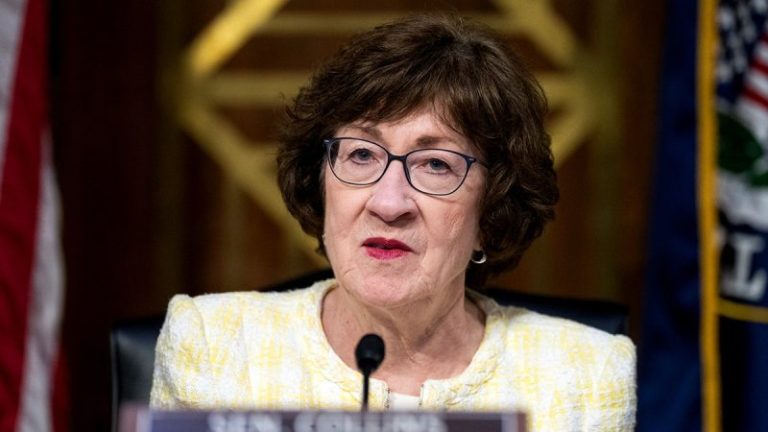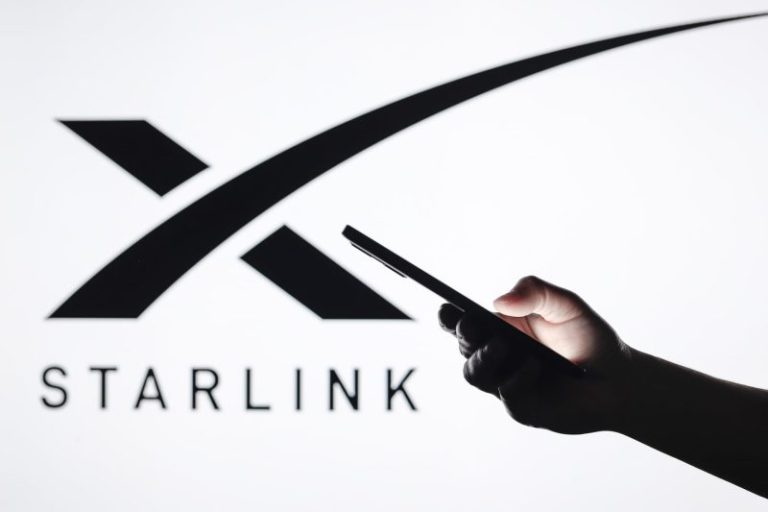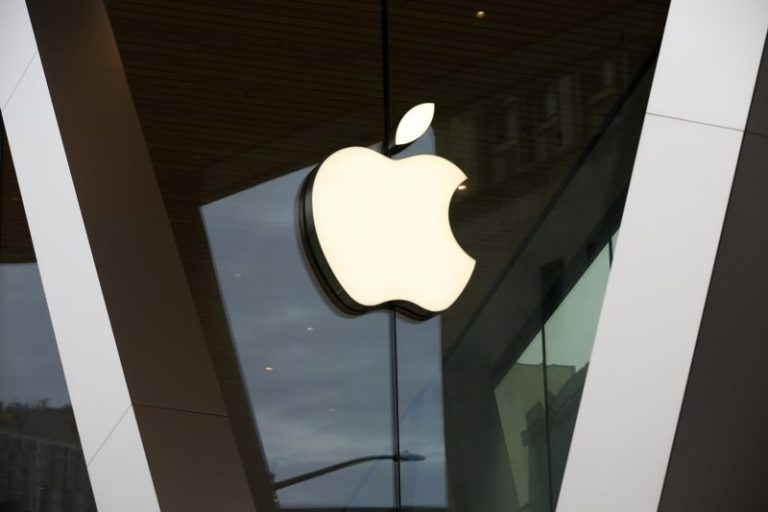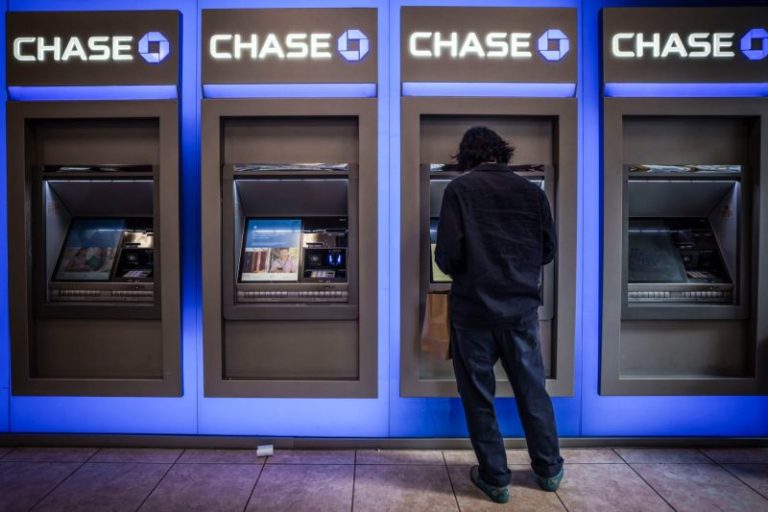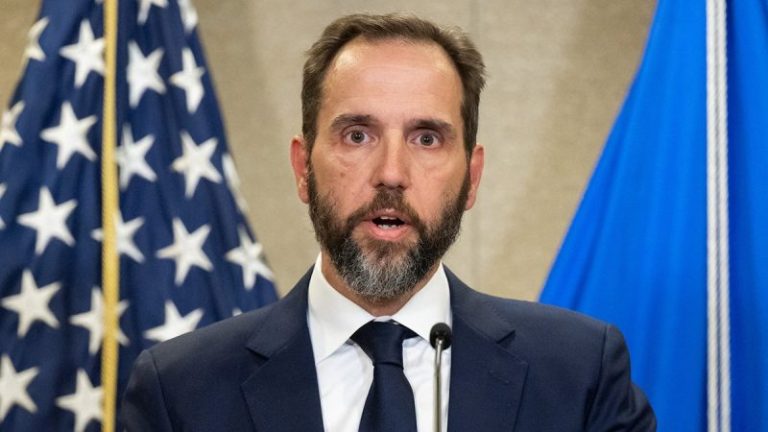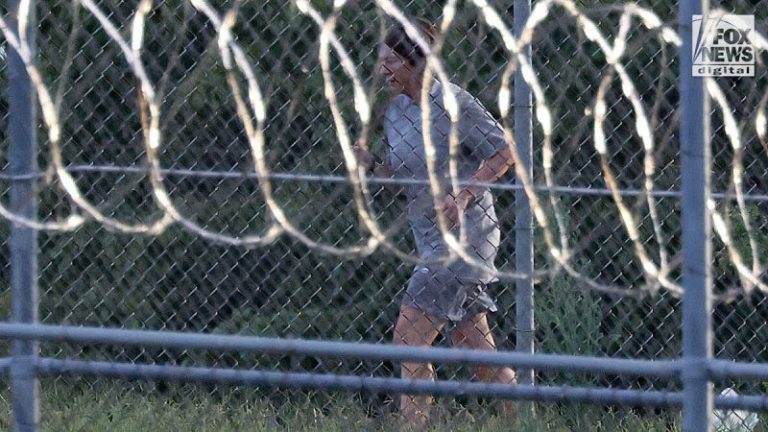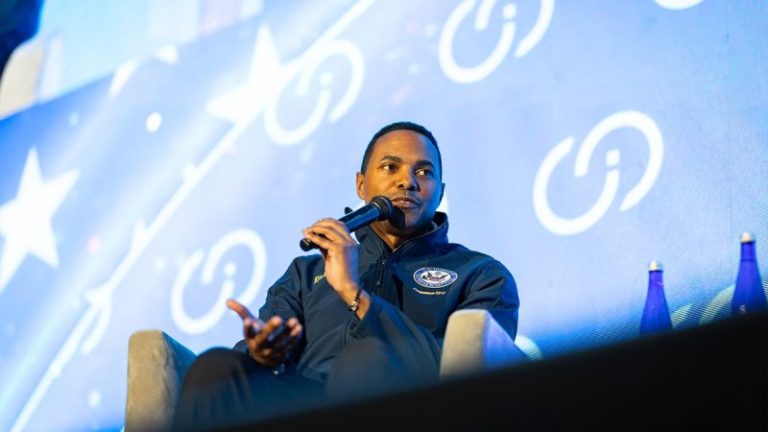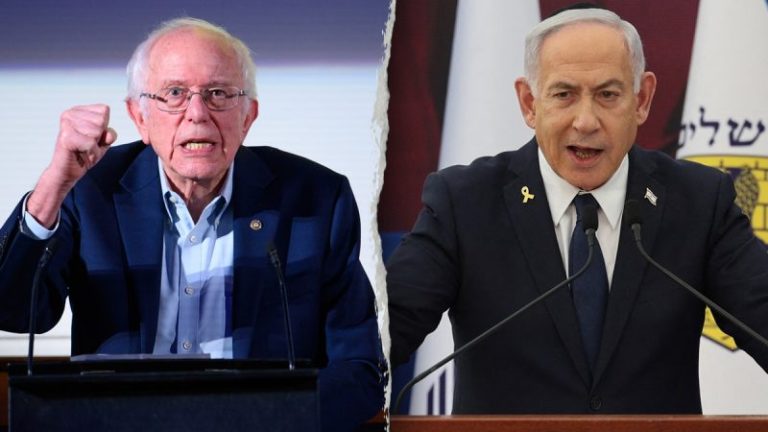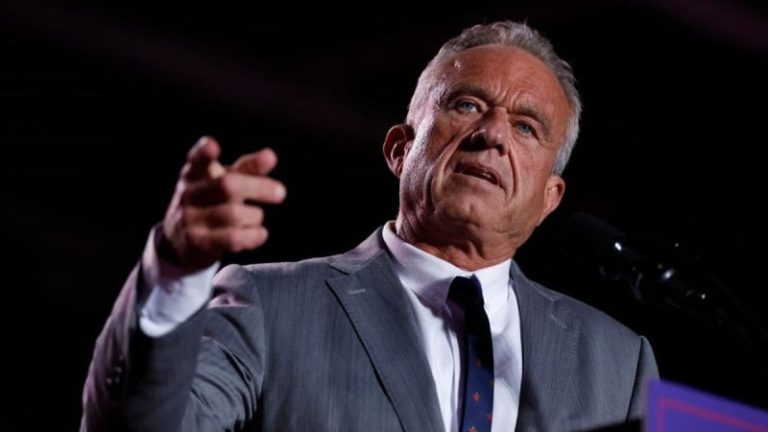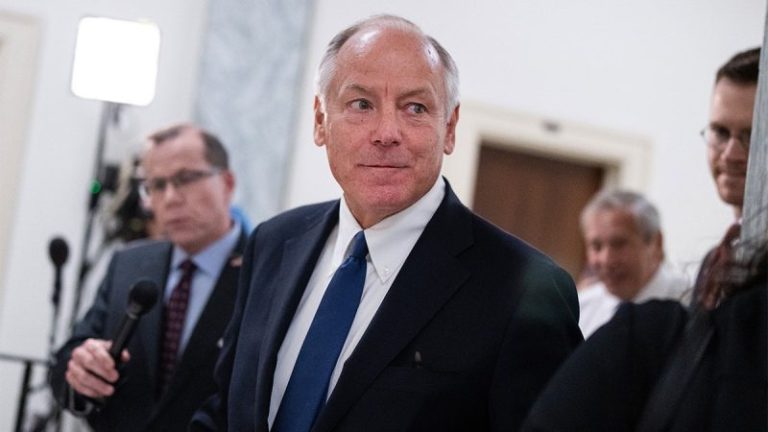SAN FRANCISCO — Apple on Thursday reported sales and profit that far surpassed expectations, showing that its efforts to re-route its sprawling global supply chain away from U.S. President Donald Trump’s trade war have so far succeeded.
Apple said it earned $94.04 billion in revenue for its fiscal third quarter ended June 28, up nearly 10% from a year earlier and beating analyst expectations of $89.54 billion, according to LSEG data. Its earnings per share of $1.57 per share topped expectations of $1.43 per share.
Sales of iPhones, the Cupertino, California, company’s best-selling product, were up 13.5% to $44.58 billion, beating analyst expectations of $40.22 billion.
Apple has been shifting production of products bound for the U.S., sourcing iPhones from India and other products such as Macs and Apple Watches from Vietnam. Still, the company had warned investors that U.S. tariffs could cost it $900 million in the fiscal third quarter, and it trimmed its annual share buyback program by $10 billion, a move analysts viewed as helping to free up cash to remain nimble in uncertain times.
The ultimate tariffs many Apple products could face remain in flux, and many of its products are currently exempt. Sales in its Americas segment, which includes the U.S. and could face tariff impacts, rose 9.3% to $41.2 billion.
In an interview with Reuters, Apple CEO Tim Cook said the company set seasonal records for upgrades of iPhones, Macs, and Apple Watches. He said Apple estimates about 1 percentage point of its 9.6% of sales growth in the quarter was attributable to customers making purchases ahead of potential tariffs.
“We saw evidence in the early part of the quarter, specifically, of some pull-ahead related to the tariff announcements,” Cook told Reuters, though he also said the active user base for iPhones hit a record high in all geographies.
The U.S. is still negotiating with both China and India, with Trump saying India could face 25% tariffs as early as Friday. However, analysts said India could still retain cost advantages for Apple in the longer term.
Tariffs are only one of Apple’s challenges. The company faces competition from rivals such as Samsung in a tough market for premium-priced mobile phones. On the software front, Apple faces challenges from Alphabet, which is quickly weaving AI features into its competing Android operating system.
Apple has delayed the release of an AI-enriched version of Siri, its virtual assistant, but Cook said the company is “making good progress on a personalized Siri.” He also said Apple, which has thus far not engaged in the massive capital expenditures of its Big Tech rivals to pursue AI, is “significantly growing” its investments in artificial intelligence.
“Apple has always been about taking the most advanced technologies and making them easy to use and accessible for everyone, and that’s at the heart of our AI strategy,” Cook said.
Apple faces regulatory rulings in Europe that threaten to undermine its lucrative App Store business. Apple said sales from its services business, which includes the App Store as well as music and cloud storage, were $27.42 billion, topping analyst expectations of $26.8 billion.
Sales of wearables such as AirPods and Apple Watches were $7.4 billion, missing estimates of $7.82 billion. Mac sales of $8.05 billion beat expectations of $7.26 billion, while iPads hit $6.58 billion in sales, missing expectations of $7.24 billion.
In Greater China, where Apple has faced long delays in approval to introduce AI features on its devices, sales were $15.37 billion, up from a year ago and above expectations of $15.12 billion, according to a survey of five analysts from data firm Visible Alpha.
Apple said gross margins were 46.5%, beating analyst expectations of 45.9%, according to LSEG estimates.
This post appeared first on NBC NEWS

